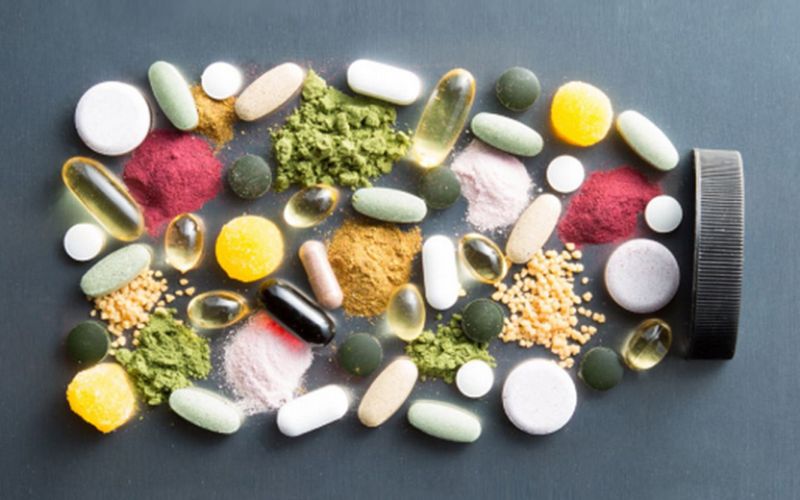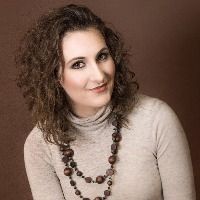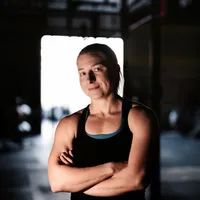An added source of stress, or body burden, can be supplementation. That is contrary to the intent, I know. Let us take a look at just one nutrient. When most people think of vitamin C, they think of ascorbic acid. But ascorbic acid is only part of vitamin C complex the way it is always found in nature. The true vitamin C complex contains P factors (what we call "vitamin P") that maintain vascular integrity, vitamin K that promotes coagulation, the J factor that increases the oxygen-carrying capacity of the blood, and enzymes that activate the adrenals, all from whole food sources. It is the presence of all these synergistic factors thus addressing stress, infections, adrenal exhaustion, inflammation, and blood vessel fragility. Taking supplements that are isolated chemicals is only creating a deficiency in the counter parts of the dynamic nutrient you are intending to provide your body with. Vitamin C, commonly known as ascorbic acid, is not the true full nutrient in its complexity intended for our bodies as nutrition. Our bodily system is not designed to take in chemical isolates and turn them into a usable form. Consumption of over the counter (OTC) supplements and at times supplements given or recommended by healthcare professionals (unknowingly sourced from GMO corn, or petroleum byproducts), causes further imbalance and deficiency. Real vitamin C, as nature intended for our consumption, has many counter parts, some likely unknown. You can’t simply take vitamin C for vascular wall integrity along with the ever-so-common prescribed baby aspirin per day and expect anything other than further deterioration of the lumen, or lining of the vascular walls. Non-steroidal anti-inflammatories such as aspirin destroy the over 60,000 miles of vessels, veins, arteries and capillaries, compromising our cardiovascular system. What is really needed is what I refer to as the anti-stroke factor, called vitamin P, also referred to as bioflavonoids. These are constituents you may have heard of in the last few years. They are added to many Vitamin C products to increase effectiveness.
Bioflavonoids is just one example of other known counterparts that should comprise vitamin C as a complex. I use this misunderstood quasi-vitamin as an example both to distinguish the difference between a true nutrient found in nature verses a chemical isolate. As “pure” as they may be with their expensive price tag, pure in this sense is used merely to denote the absence of any other constituent. Many chemical isolates are derived from GMO sources of corn for ascorbic acid or from coal, tar and petroleum for B vitamins. Alternately, the collagen producing vitamin C complex, such as in the product Cyruta, made from the leaves of the buckwheat plant, is natures best anti-stroke and tissue repair “Vitamin C” product. Isolation of constituents is not what heals the body. Nor does it imbue healing qualities like nature-made complex foods and herbs do.
I do not recommend anything other than whole food sources of supplementation. Humans cannot replicate the intricate work of nature and I highly advise NOT to mega-dose! This concept applies to all nutrients/vitamins. If you are taking supplements that have a list with measured out amounts in “mg” (milligrams) or otherwise, you are inoculating your system with chemical isolates that are likely contributing to a variety of other deficiencies and imbalances in the cofactors of the very nutrient you had intended to increase with supplementation. It like robbing Peter to pay Paul. In my practice I have several means of evaluating the needs of an individual, including Nutrition Response Testing, a form of kinesiology.













